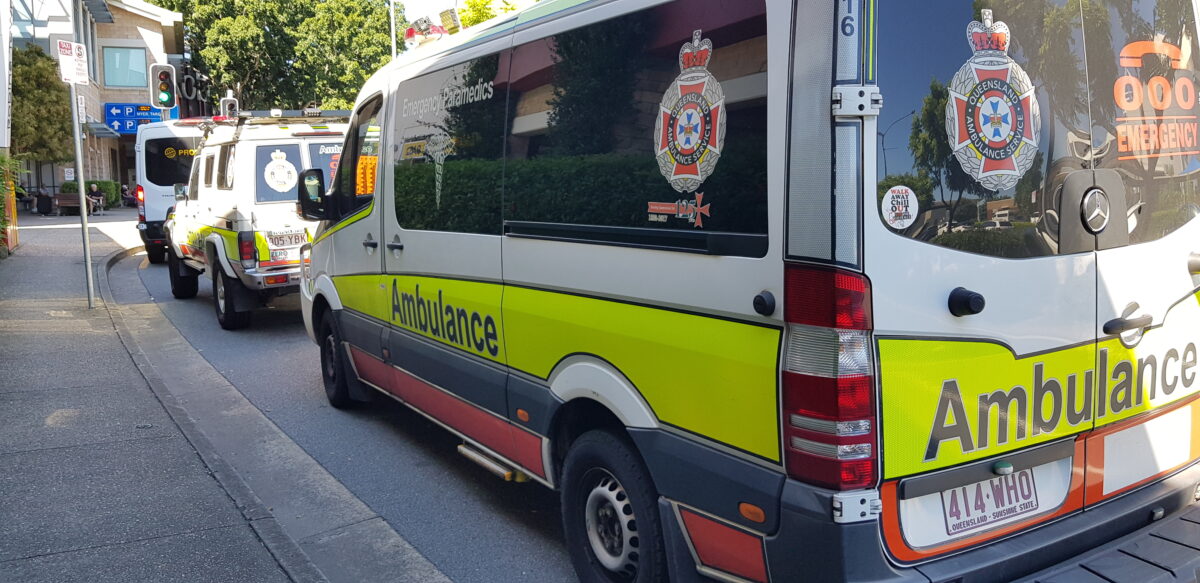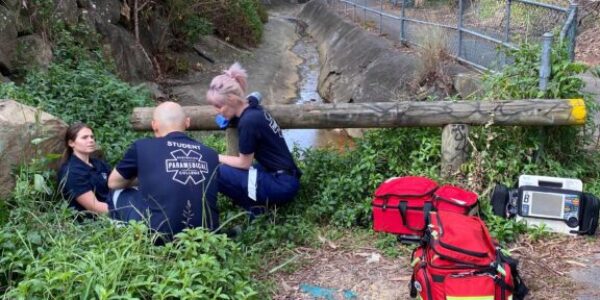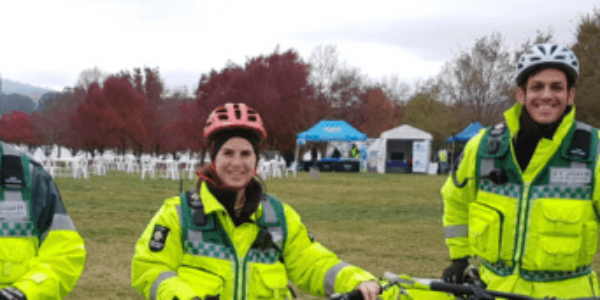Re-published 4th September, 2024
Every second counts when it comes to a Triple Zero (000) call. As Australia’s largest ambulance service, Queensland Ambulance Service (QAS) is responsible for caring for over 5.5 million individuals* across 668,207 square miles*, which is no small feat.
*Forecast (September, 2024), Britannica (September, 2024).
With a strong emphasis on quality care, a critical way that the Queensland Ambulance Service measures its performance is to calculate its response times to incidents. Reported annually, response times can be defined as the time measured from a Triple Zero (000) call being answered in the Operations Centre to the time it takes for a paramedic to arrive on the scene.
Why do response times matter?
In the event of a medical emergency, every second counts. Mere minutes can mean the difference between life and death when it comes to accessing life-saving treatment and resources that the Queensland Ambulance Service offers. Reducing response times is one of the most important goals of any ambulance and paramedic service.
Measuring Queensland Ambulance Service Response Times
A ‘Report on Government Services’ (ROGS) is conducted each year to review ambulance response times. The ROGS measures two key performance areas:
- The time it takes for 50% of Queensland Ambulance Service (QAS) ambulances to arrive at the scene of an emergency.
- How quickly 90% of QAS ambulances arrive at the scene of a life-threatening emergency incident.
In both cases, the ROGS report reviews code 1 emergency incidents, which are the most life-threatening. There are also code 2 emergency responses, indicating an emergency that is not life-threatening. In this case, QAS will not initiate a light and siren response to the incident. Data for these code 2 response times is not so readily available.

Code 1 Queensland Ambulance Service Response Times
Reporting from the 2023-24 financial year have been released, reporting that:
- 50% of QAS ambulances will arrive within 8.5 minutes
- 90% of QAS ambulances will arrive within 17.3 minutes
Despite an increased workload of a growing population, these statistics show a positive increase in performance from QAS, who reported in the 2020-21 financial year:
- 50% of QAS ambulances will arrive within 10.5 minutes
- 90% of QAS ambulances will arrive within 21.5 minutes
*Queensland Ambulance Service (July, 2024)
What impacts response times?
There are a myriad of general factors that can contribute to response times. For example, did the emergency occur during busy traffic (i.e. rush hour/school pick-up time)? Where did the ambulance come from – an ambulance station or a hospital? Were there other emergencies that were taking priority at the same time? Was the location of the emergency challenging to get to?
Be best prepared for a medical emergency at home, work or on holiday
Australian Paramedical College is Australia’s leading emergency and non-emergency healthcare training provider. Offering three core courses, each can help to provide life-saving skills to ensure that you’re best prepared to offer medical assistance while waiting for the ambulance service to arrive and a rewarding career in a growing sector.
Discover which course suits your needs by creating a FREE Career Development Plan designed to fit your wants and needs while considering your current professional commitments by clicking the button below.

